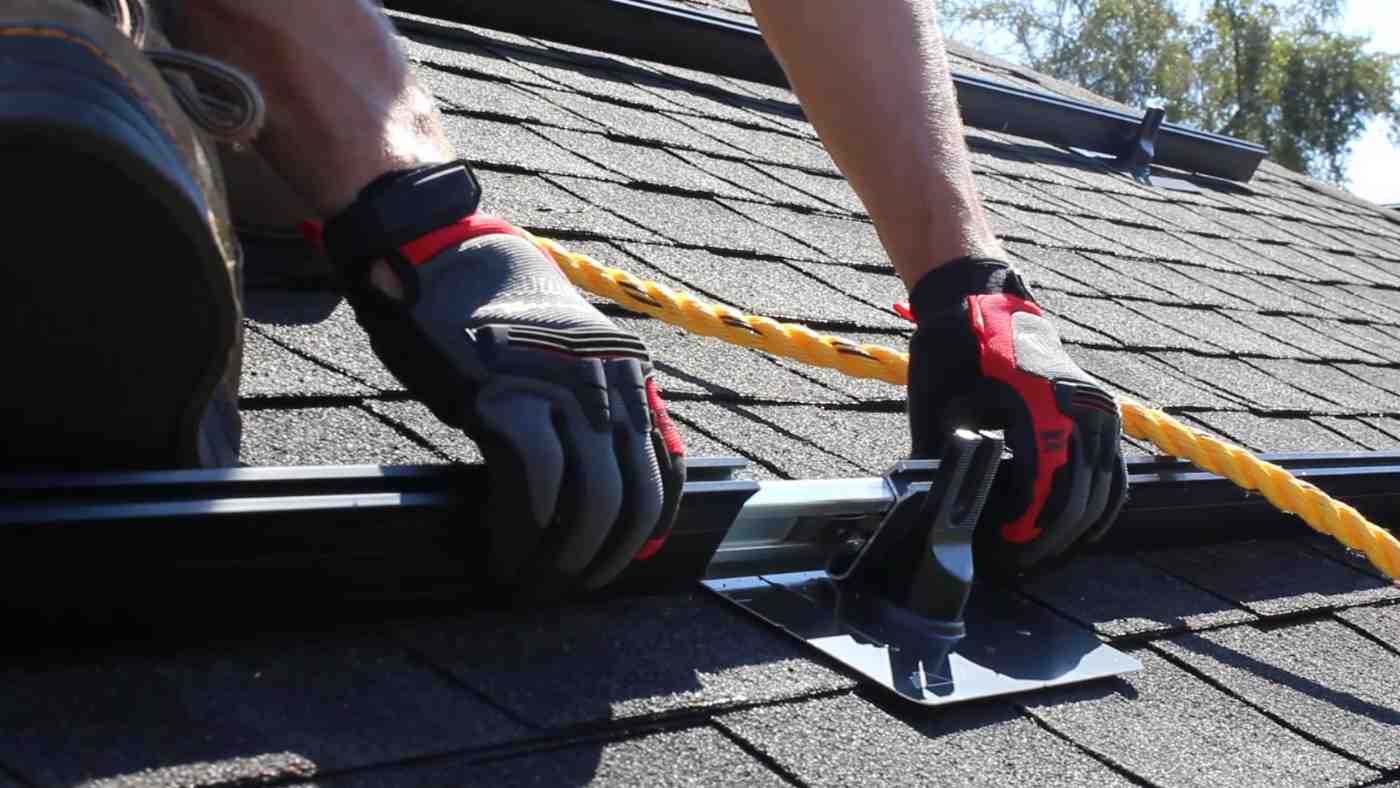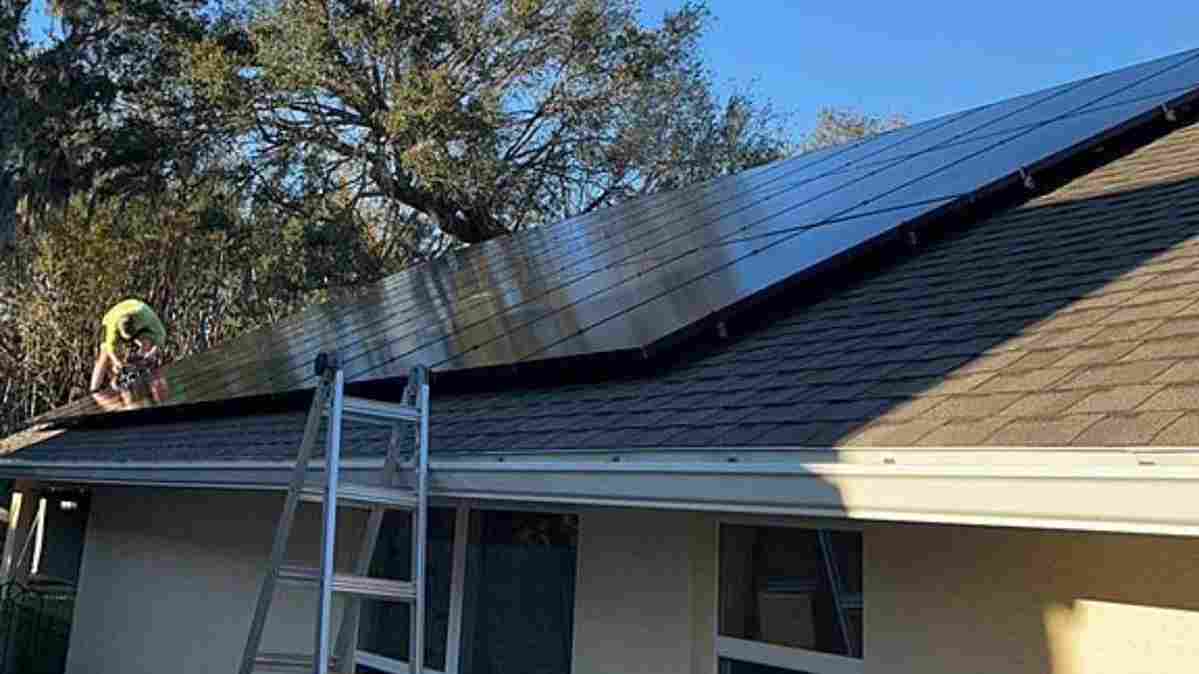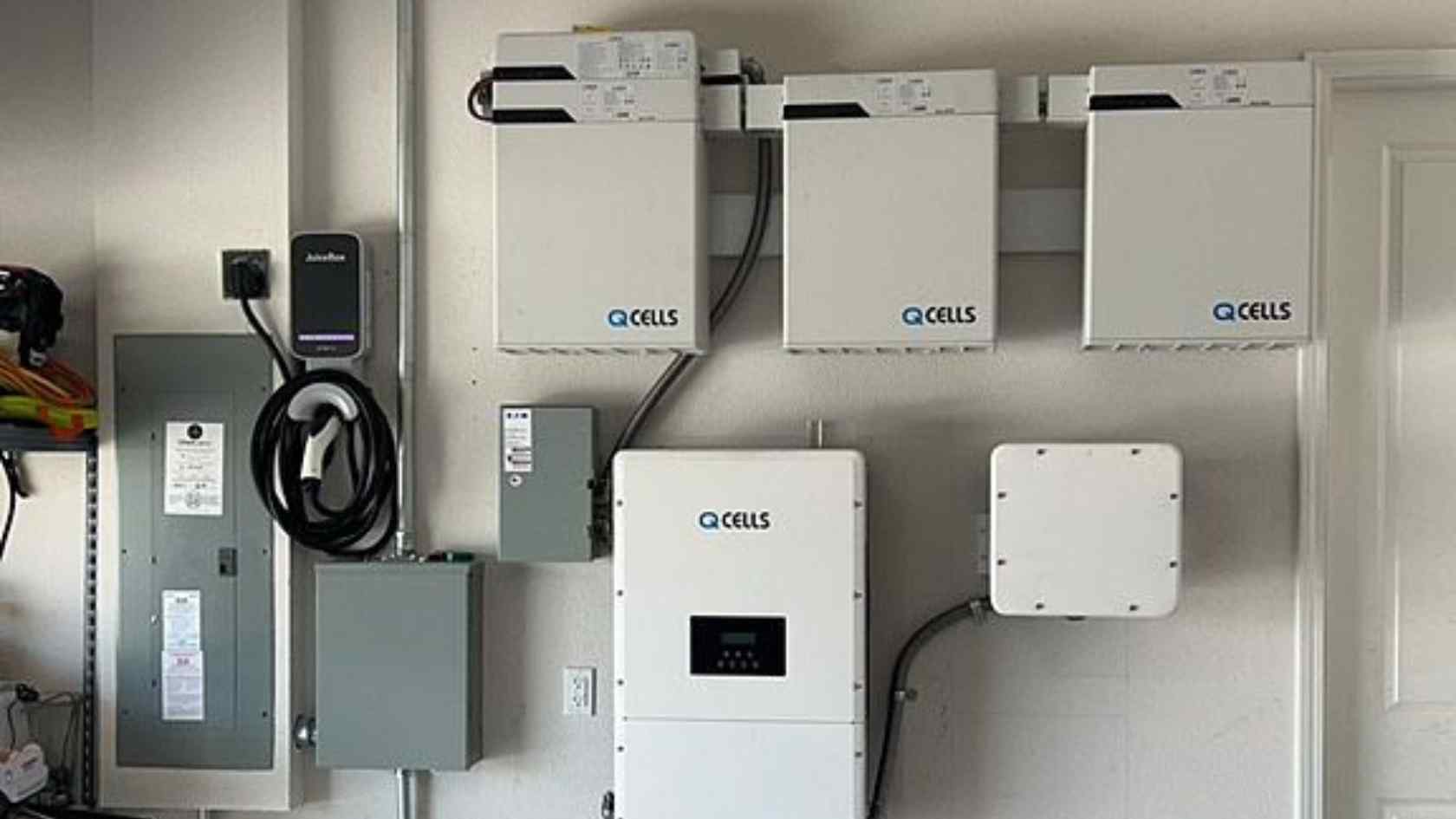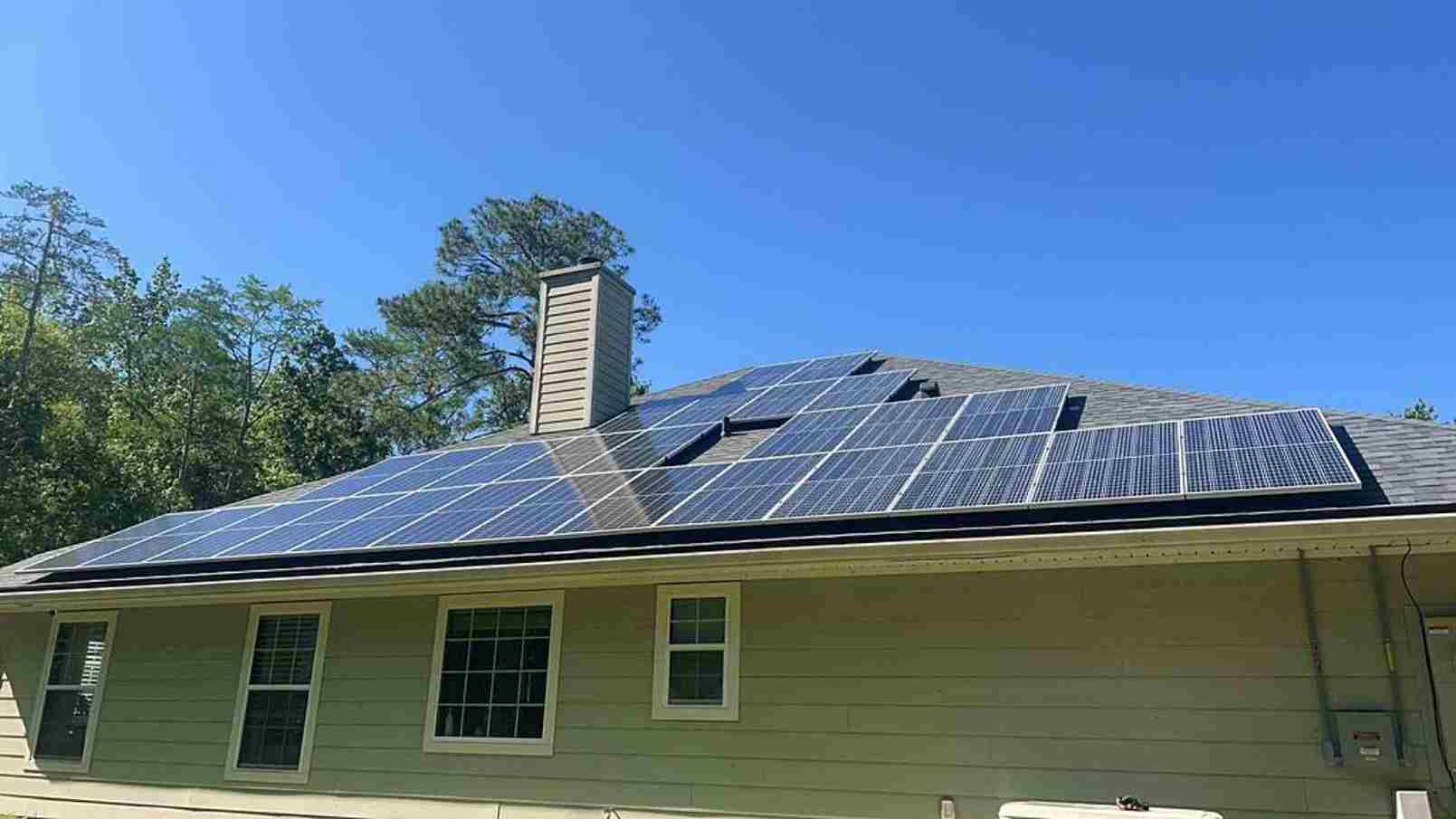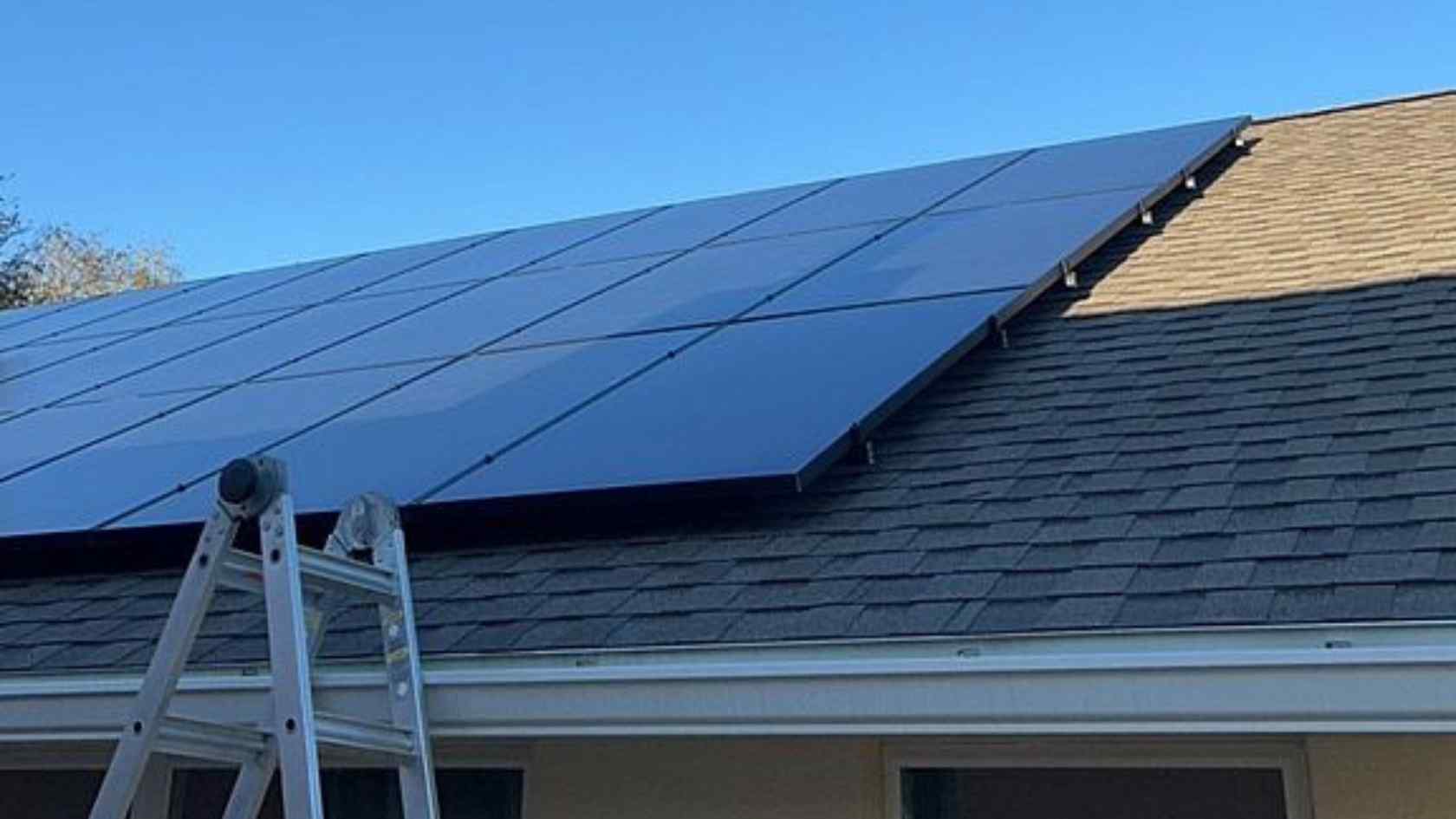When you look closely at rooftop solar panels you’ll notice one thing: how they are set up varies on each house. In fact, rarely are two solar electric systems the same. When looking at homes, you may have even asked yourself questions like “why are the solar panels shaped like that?” or “why did they use that part of the roof and nothing else?”
Before selecting solar panels for your home many factors must be considered: total energy needs, roof type and condition, the orientation of the home, and many more. While any solar contractor can install panels, creating an energy-efficient system that reduces monthly costs to near $0 is just as much of an art form as it is science.
As a homeowner with no prior solar panel installation experience, it can be challenging to select the panels and equipment right for your home.
If you are interested in switching to solar, a free solar panel quote from our team of experts can save you a significant amount of time and help you find out what solar panels and equipment are right for your home.
Solar Panel Ratings Explained
When comparing solar panel types and manufacturers, keep these three things top of mind: total capacity, output wattage, and overall power output.
Output Wattage
Output wattage is the expected energy production of each panel under ideal conditions. Higher wattage usually means more energy production and a greater degree of energy efficiency. In the end, choosing higher wattage solar panels means you’ll need less to power your home. The average wattage output for solar panels on the market total ranges from 250-400 watts. However, the real output can be heavily impacted by local conditions like weather, temperature, and total sunlight per day.
Solar Panel Total Capacity
Solar panel total capacity is an important metric when selecting solar panels. This information will help determine the total number of panels your home needs. Calculate this by multiplying the average total hours of sun per day by the total wattage of each solar panel.
The average amount of sun for Florida is 4.5 hours per day. As an example, if you selected 400-watt panels you would multiply 400×4.5 to equal 1,800 watts or 1.8 kilowatt-hours (Kwh) per day. Over the course of a year, this panel is capable of producing 650-700 kWh per year.
Once you know the total capacity of each solar panel, review your yearly energy needs (total kWh) to determine how many panels it will take to reach that number.
Solar Panel Overall Output
Home solar panels do not work at night when there is no sun and are less efficient on cloudy days. Things like overall temperature, placement, and any shade covering your roof will also impact solar panel output. Not factoring these things into consideration when selecting solar panels could mean you purchase more or less panels than what is really needed to power your home.
What Equipment Is Needed For A Rooftop Solar System?
Aside from the panels themselves, several other components are needed to run a rooftop solar system.
Inverter
An inverter takes the energy generated from each solar panel and converts it to a usable energy form for your home. When selecting Florida solar panels, you may have the option to choose micro inverters that allow the system to run more efficiently.
IQ Combiner
The combiner box consolidates all solar panel equipment into a single enclosure and streamlines monitoring the output solar panel systems.
Battery Storage
Some homeowners choose to install solar batteries to store extra solar power for later use. Depending on the overall setup of the rooftop solar system, batteries may be optional or not required. One thing to keep in mind is that separate panels will likely be needed to keep the battery(s) fully functional. This can increase the overall cost of a rooftop solar system.
Generator
Like a battery, a generator can store extra solar power for later use. Just like with batteries, a generator is typically not required but can be added. Additional panels will likely need to be installed and it can increase the overall cost of the system.
Interested in selecting solar panels for your Florida home? The experts at Raze Solar are here to help!
Call or text (904) 595-6835, schedule a free solar panel quote online, or view our services areas and learn how to make the switch.
Learn more about our solar energy company and see recent projects by following us on Facebook and Instagram.
FAQ's On Selecting Solar Panels
How many solar panels are needed to power a house?
The total number of solar panels needed to power a home depends on the average yearly energy needs and the type of solar panels selected. Get help from our experts by requesting a free solar quote today.
Why are south facing solar panels the best?
The south facing slope of a roof gets the most direct sunlight each day. In most instances, systems will require the majority of panels to be installed there to maximize production. East and west slopes can be used, however, the total amount of sun can impact the placement or design of the system.
Are backup batteries required for solar panels?
Backup solar batteries and generators are not required to install solar panels but are an option for those looking for complete energy independence.
In some cases, homeowners can save a significant amount of the total cost of a system by going without them. Contact our expert team to discuss your needs before selecting solar panels.
Will solar panels work when it is cloudy?
Rooftop solar panels can produce energy on cloudy days, but not as much as they would in full sun. This does not mean your home will go without power on those days. Depending on how the system is set up, you will either draw energy from the grid or borrow power from a battery or generator.
Do solar panels work in winter?
Solar panels do work in the winter months but overall output can be impacted by temperature. Homeowners in Florida don’t have to worry about energy production in the winter as the weather is mild and temps rarely fall below freezing.
What happens to solar panels during a blackout?
Solar panels will continue to generate power, even if the main energy grid fails.

